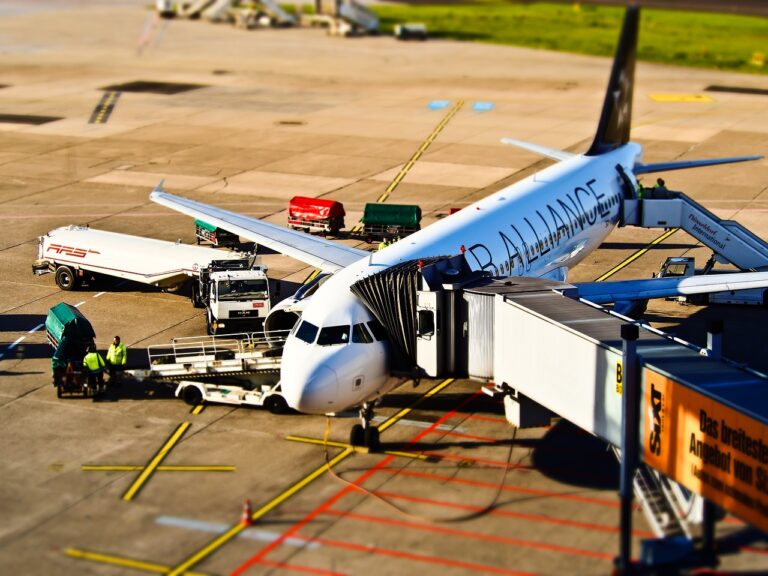Travel Writing: Crafting Compelling Narratives and Guides for Readers
Travel writing is a captivating genre that holds the potential to transport readers to distant lands, immersing them in unique sights, sounds, and experiences. Through the art of storytelling, travel writers have the ability to paint vivid pictures with words, allowing readers to vicariously explore the world from the comfort of their own homes. This power of travel writing lies in its ability to evoke emotions, spark curiosity, and inspire a sense of wanderlust in its audience.
Furthermore, travel writing serves as a bridge between different cultures, fostering understanding and empathy among diverse communities. By sharing personal narratives and insights from their journeys, travel writers can break down stereotypes, illuminate lesser-known destinations, and highlight the beauty of human connection across borders. In a world brimming with technology and fast-paced lifestyles, the timeless allure of travel writing lies in its capacity to awaken a sense of wonder and appreciation for the rich tapestry of experiences that our world has to offer.
Developing a Unique Voice and Perspective
Crafting a unique voice and perspective in travel writing is essential for engaging readers and standing out in a crowded field. Your voice is your literary fingerprint, reflecting your personality, experiences, and overall outlook on the world. By infusing your writing with your distinct voice, you invite readers to see the destination through your eyes, creating a more intimate and compelling narrative.
To develop your unique voice, it’s important to be authentic and genuine in your writing. Avoid trying to imitate other writers or conforming to a certain style just for the sake of it. Embrace your individuality and let your personality shine through your words. Consider what aspects of a destination resonate with you the most and focus on bringing those elements to the forefront in your writing. This personal touch will not only make your writing more memorable but also establish a deeper connection with your audience.
• Be authentic and genuine in your writing
• Avoid imitating other writers or conforming to a certain style
• Embrace your individuality and let your personality shine through
• Focus on aspects of a destination that resonate with you
• Establish a deeper connection with your audience by adding a personal touch
Researching and Planning for Effective Travel Writing
Effective travel writing requires thorough research and meticulous planning. Before embarking on any writing journey, it’s crucial to gather as much information about the destination as possible. This includes understanding the local culture, history, customs, and landmarks. By immersing yourself in the details of the place you’re writing about, you’ll be able to provide readers with a more insightful and engaging narrative.
In addition to research, careful planning is essential for creating impactful travel articles. Consider organizing your thoughts and ideas before diving into the writing process. Outline key points you want to cover, brainstorm unique angles to approach the topic, and structure your content in a coherent manner. By having a clear plan in place, you can ensure that your travel writing is both informative and compelling.
Why is researching important for effective travel writing?
Researching allows travel writers to gather accurate information, unique insights, and interesting facts about the destination they are writing about. This helps to add depth and authenticity to their writing.
What are some key things to consider when planning for travel writing?
When planning for travel writing, it is important to consider the target audience, the purpose of the writing, the tone and style, as well as any specific guidelines or requirements for the piece.
How can I conduct research for my travel writing?
You can conduct research for your travel writing by reading books, articles, and blogs about the destination, talking to locals or experts, visiting the place yourself, and utilizing online resources such as travel websites and forums.
How can I ensure that my travel writing is effective?
To ensure that your travel writing is effective, make sure to use descriptive language, paint a vivid picture for your readers, include personal insights and experiences, and provide practical tips and recommendations for fellow travelers.





